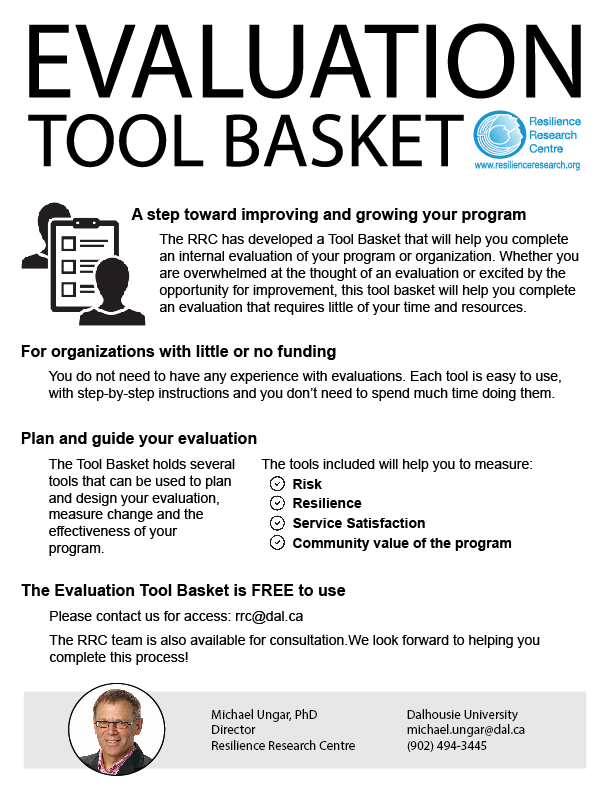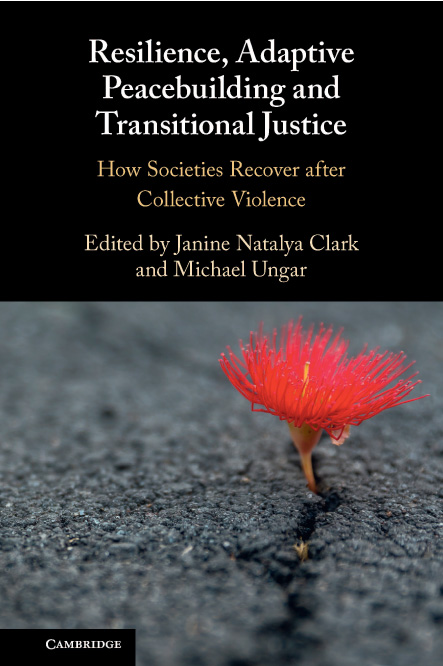
Evaluation Tool Basket
The RRC has developed an easy to use Evaluation Tool Basket which is designed to help programs and organizations complete their own internal evaluation. The tools are written in plain-language and there are numerous tools available so that programs and organizations can choose the ones that are most relevant to them.
- Help you identify your program’s strengths as well as ways to improve your program
- Document the impact your program is having
Evaluations can occur at the beginning (formative) or at the end (summative) of a program. They can also be done at a single timepoint, or be longitudinal and follow participants over months or years (pre-post test). Finally, they can include surveys and questionnaires (quantitative methods), interviews or focus groups (qualitative methods) or all of these techniques in a single evaluation (mixed methods). The contents of this Tool Basket can be used for any of these types of evaluations. The RRC is also available for consultation.
Get the Tool Basket
Fill out the form on this page and you will be automatically redirected to the toolkit (.zip file) download page.














